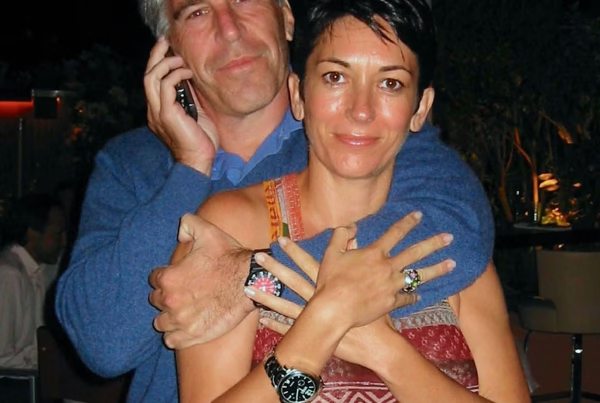An anxious attachment style can affect the way we form and maintain relationships but is it always so dark and gloomy with people whose insecurities take over? Absolutely not! ‘Waves’ have many great qualities. Waves are givers and will always make you feel loved and cared for. They are sensitive and will immediately sense when something is off for their partner(s). They enjoy conversations and communication and will make sure things are addressed, always!
They do fear abandonment and often need reassurance from their partner(s) but let’s be honest, who doesn’t?

How to Accommodate Wave partners
A Wave may have had an inconsistent upbringing, where their caregivers were not always available, or not attuned to them. They might have had strict, critical or even busy parents/caretakers. In romantic relationships, these early experiences can create fears of rejection, causing Waves to feel anxious and clingy in their partnerships and excessively reliant on their partner(s) for approval and reassurance.
If you or your partner(s) are a Wave, it is important to understand the following:
- Waves need frequent attention and energy in order to feel safe and secure. Inconsistency can trigger negative memories and experiences from their childhood. If you are an Island, be mindful of that and learn from a Wave, how to ask for affection 😉
- Waves need to be reassured of their partner(s)’ feelings and affection. Without clear signs of interest, they may doubt that their partner(s) cares for them and may fear abandonment. It is important to regularly express love, appreciation and affection to a Wave. They will give you buckets in return!
- During conflicts, it is important to reassure a Wave that the disagreement does not threaten the relationship and that the partner(s) is not planning to leave. Waves may interpret any sign of tension as a potential breakup and may try to end the relationship first as a defense mechanism.
- Validation of a Wave’s feelings is crucial in helping them feel safe and loved. It is important to show compassion and not judge or shame their emotions. What a beautiful training ground for all of us!
- For a Wave to build trust in the relationship, their partner(s) must be dependable and follow through on their promises. If plans need to be changed, it is important to communicate openly and promptly with the Wave and make new plans. Again, Waves are great to practice respect for other people’s time.
- Consistency and reassurance are important for Waves to feel safe and secure in the relationship. With the right support and self-work, a Wave with an anxious attachment style can become more secure and teach partner(s) how to give a little more giving.
 What do Waves experience?
What do Waves experience?
Here are some things Waves struggle with. Understanding them will help partner(s) support them better.
- Difficulty trusting their partner (s):
Waves may struggle with trust issues and frequently doubt their partner (s)’s feelings for them or their commitment to the relationship.
- A constant need for reassurance:
Waves may constantly seek confirmation of their partner(s)’ feelings or reassurance that they will not leave.
- Difficulty with independence:
Waves experience loneliness or discomfort in being alone. They often, but not always, need to feel close to their partner(s). This can lead to difficulty with independence, emotional reactivity and navigating perceptions of personal space within the relationship.
- Overall insecurity:
Waves often struggle with feelings of insecurity and low self-esteem. They may feel like they are not good enough for their partner(s) and constantly worry about losing them. This insecurity can lead to a constant need for reassurance and can strain the relationship.
- Controlling behavior:
Waves may feel the need to constantly check in with their partner(s) or keep track of their activities in order to feel secure. This can damage the relationship and cause resentment or frustration on the part of their partner(s).
It is important to recognize that these insecurities are not the fault of the individual. It is possible to work on improving their attachment style and reducing feelings of insecurity. One way to address insecurity in a relationship is through setting clear boundaries, radical communication and getting professional help.





